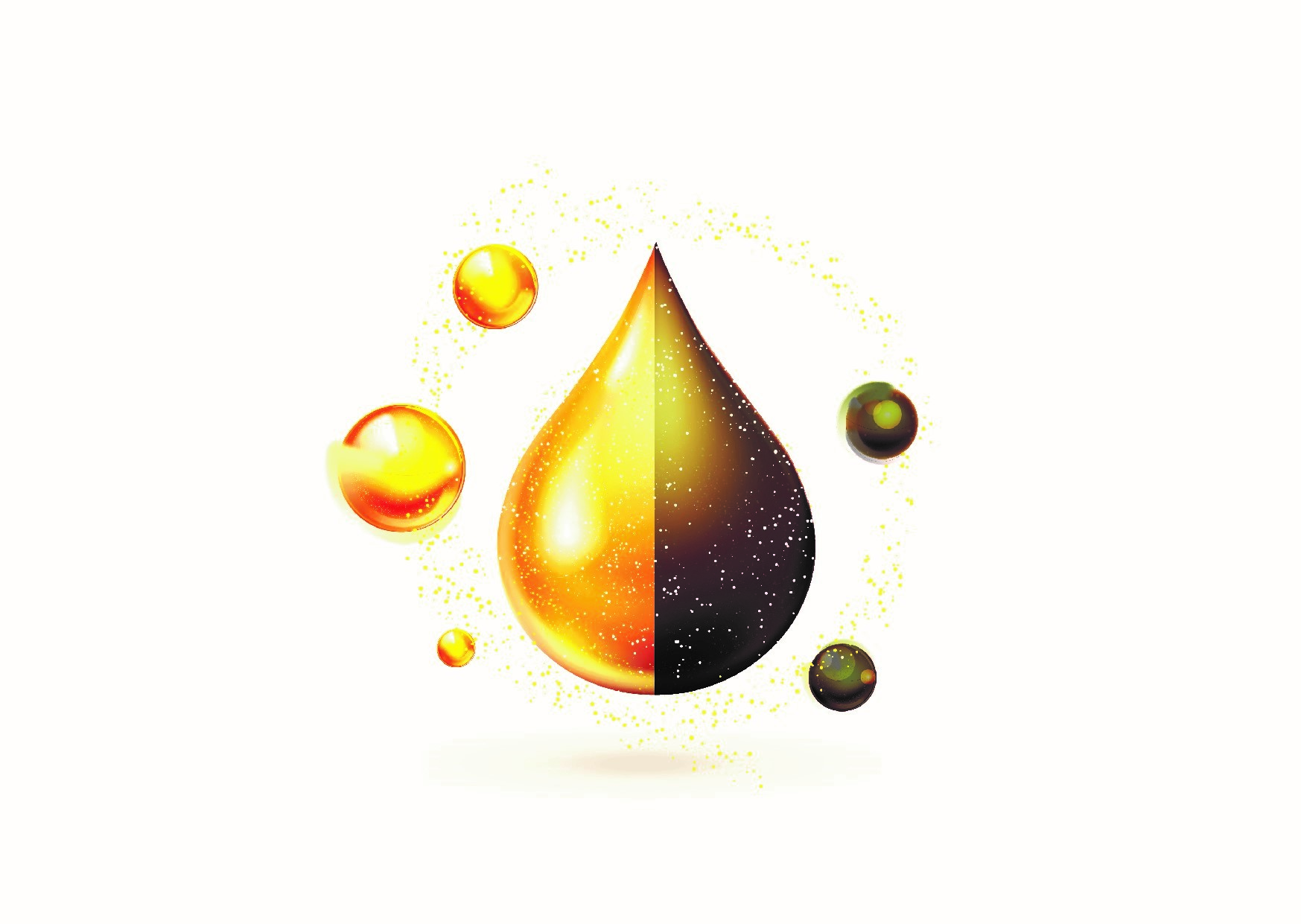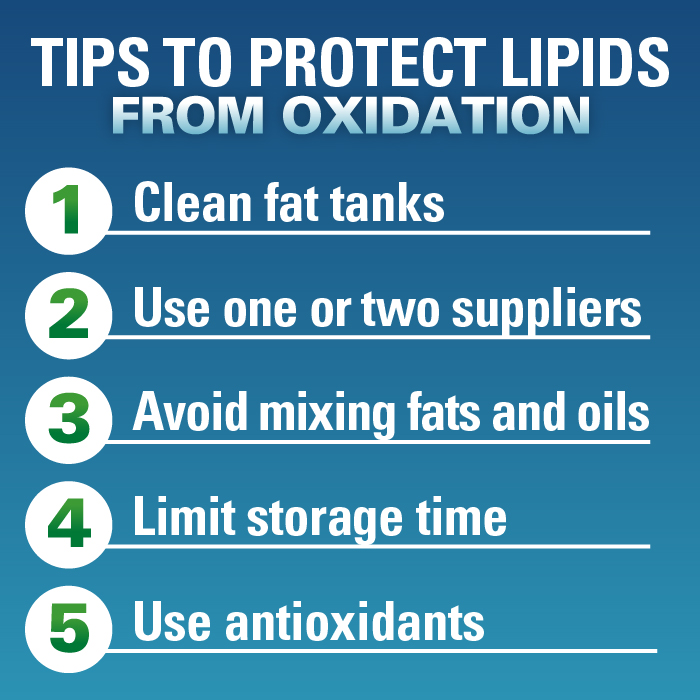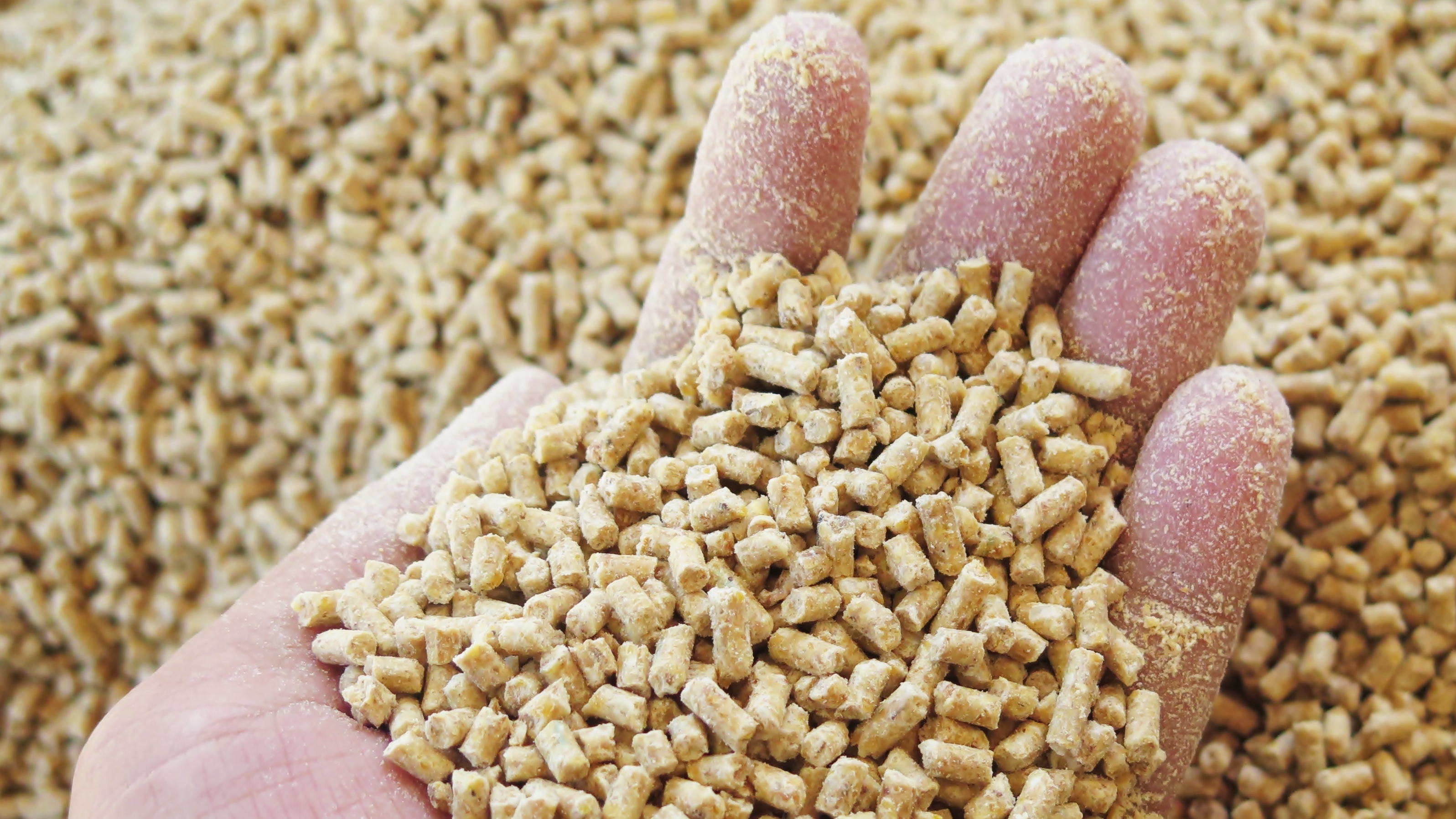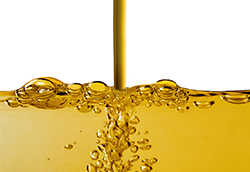 Are Oxidized Lipids Impacting Your Animal's Performance?
Are Oxidized Lipids Impacting Your Animal's Performance?
Fats and oils – or lipids – are an essential energy-source in nearly every animal’s diet. However, lipid sources used in feed formulations today – vegetable oils, rendered animal fats, recycled restaurant grease and more – are not all created equal. Inconsistency in the properties of lipids, their quality and nutritional value are common concerns for producers.



